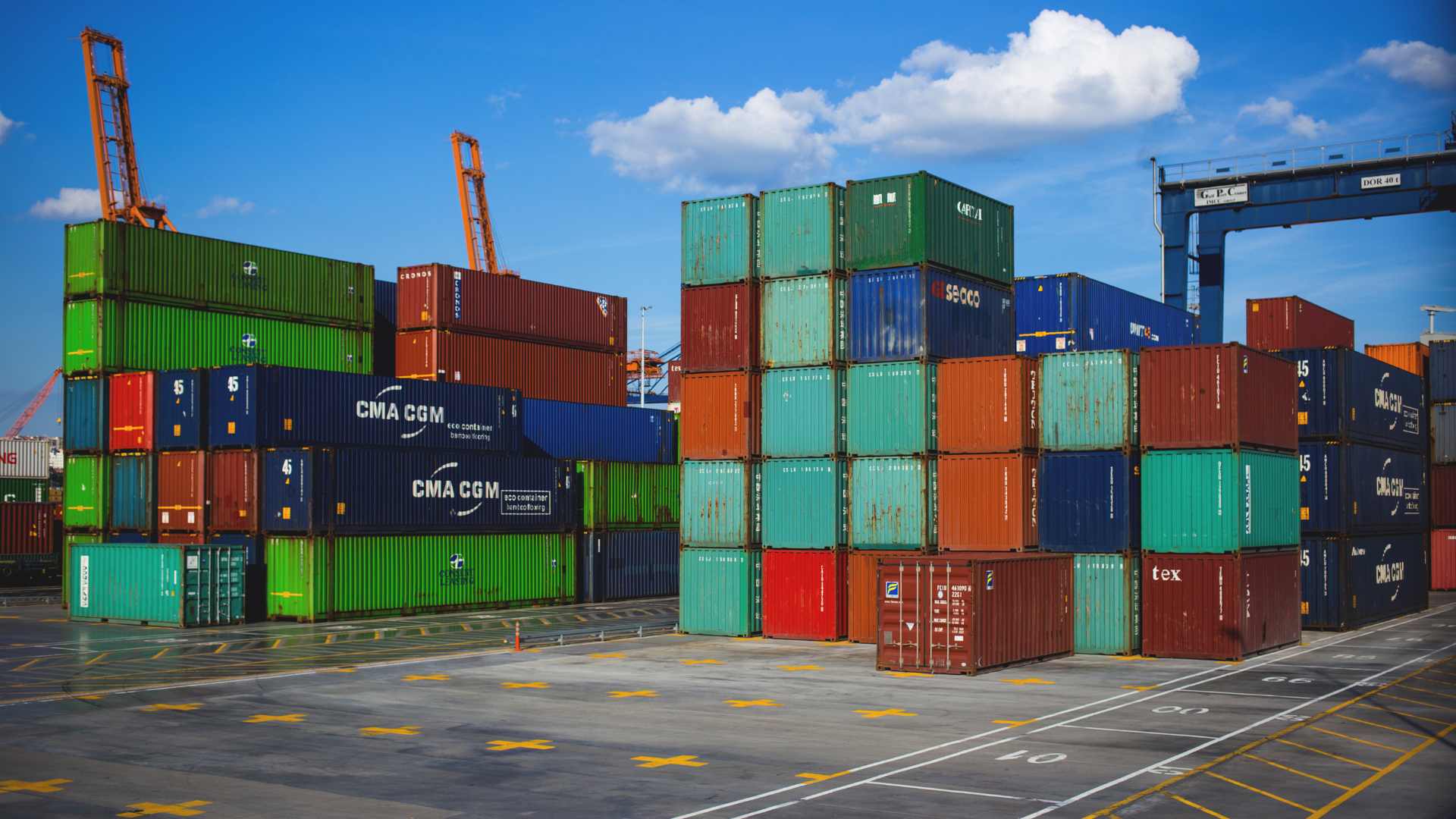![]()
Tyre Scrap Import
The automotive industry worldwide is experiencing a paradigm transition towards sustainability, with a growing emphasis on recycling and reusing materials. One area that has gained significant attention is the recycling of tire scrap, as it can potentially alleviate the pressure on raw material availability while addressing environmental concerns. This blog explores the impact of tire scrap import on raw material availability, shedding light on the benefits and challenges of this emerging trend.
The Rising Demand for Raw Materials:
As the demand for automobiles continues to surge worldwide, the automotive industry faces a concurrent increase in the demand for raw materials, such as rubber, steel, and textiles. Traditional manufacturing processes rely heavily on these materials, leading to resource depletion and environmental degradation concerns. In response to these challenges, the import of tire scrap has emerged as a viable solution to mitigate the strain on raw material availability.
Benefits of Tire Scrap Import:
- Resource Conservation: Importing tire scrap offers a sustainable alternative to traditional raw material extraction. Recycling tire scrap reduces the need for fresh rubber production, conserves natural resources, and lowers the environmental impact of mining and processing.
- Energy Savings: The production of raw materials from scratch consumes substantial energy. In contrast, recycling tire scrap requires less energy, making it a more energy-efficient option. This reduces the industry’s carbon footprint and contributes to overall energy conservation.
- Waste Reduction: Importing tire scrap helps address the issue of tire disposal, which is a significant environmental concern. By repurposing discarded tires into raw materials, the automotive industry contributes to waste reduction and minimizes the environmental impact of tire disposal.
Challenges and Considerations:
- Quality Control: Ensuring the quality of imported tire scrap is essential to maintaining the integrity of the final products. Inconsistent quality can lead to manufacturing defects and compromise the safety and performance of automotive components.
- Logistical Issues: The transportation of tire scrap from one region to another involves complex logistics. Efficient transportation and storage mechanisms must be in place to prevent delays and ensure a steady supply of recycled materials to manufacturers.
- Market Dynamics: The demand for tire scrap as a raw material may be subject to market fluctuations. Dependency on imported scrap materials can expose manufacturers to uncertainties in supply and pricing, potentially affecting production costs.
- Regulatory Compliance: Compliance with international and domestic regulations is essential when importing tire scrap. Stringent quality standards and environmental regulations must be followed, ensuring that recycled materials meet safety and environmental standards.
Conclusion
The import of tire scrap presents a promising avenue for the automotive industry to address the challenges associated with raw material availability. Manufacturers can contribute to resource conservation, energy efficiency, and waste reduction by embracing recycling practices. However, the successful integration of tire scrap into the supply chain requires careful consideration of quality control, logistical challenges, market dynamics, and regulatory compliance.
As the automotive industry resumes to evolve towards a more sustainable future, the import of tire scrap is poised to play a pivotal role in reshaping manufacturing processes. By balancing economic viability and environmental responsibility, the industry can create a win-win scenario, meeting the growing demand for automobiles while minimizing its ecological footprint.





